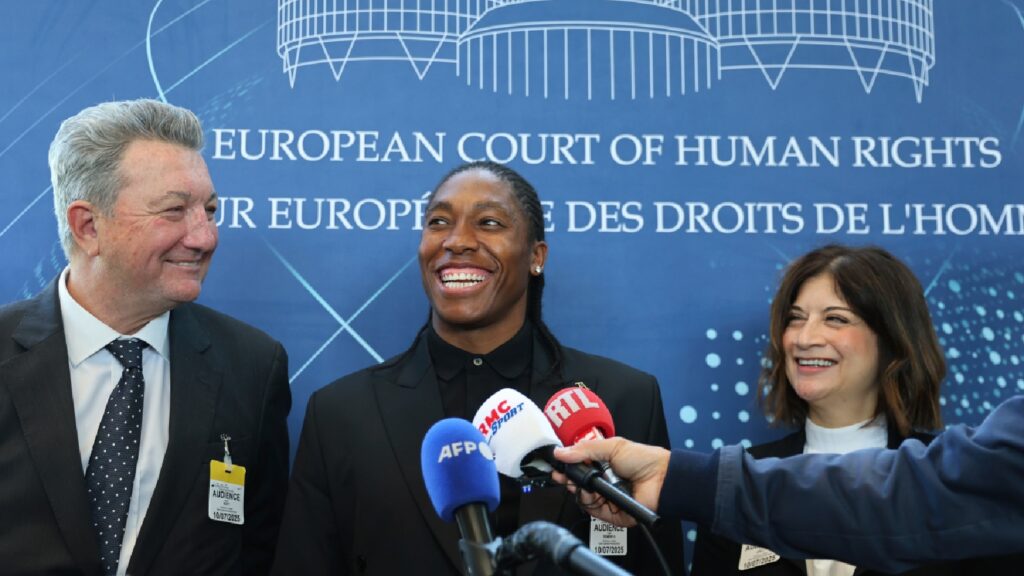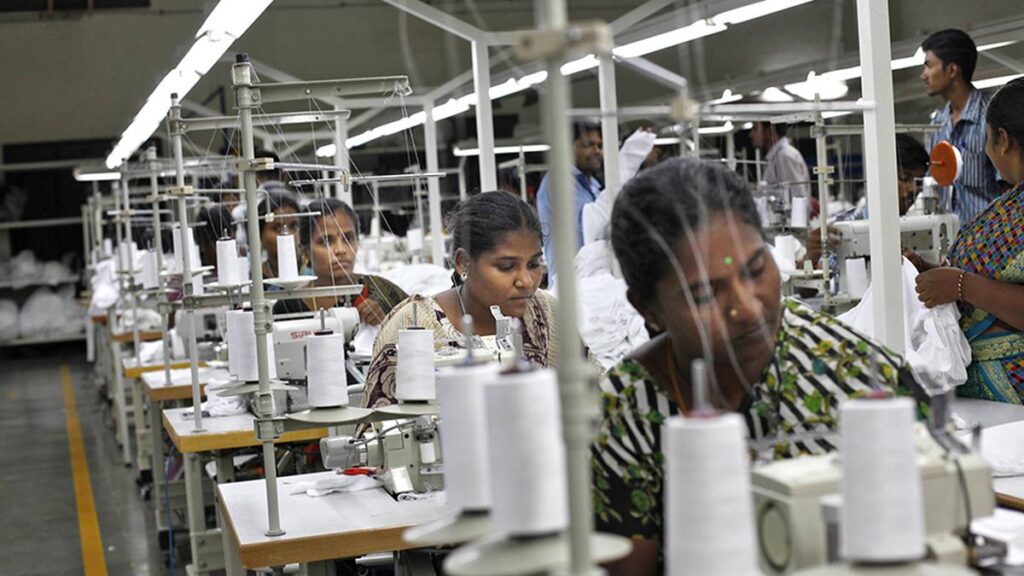Two-time Olympic champion runner Caster Semenya gained a partial victory in her seven-year legal fight against track and field’s sex eligibility rules at the European Court of Human Rights on Thursday. The European Court of Human Rights is Europe’s top human rights court. The highest chamber of the court, a 17-judge chamber gave a 15-2 vote that ruled that some of Semenya’s rights to a fair hearing were violated at Switzerland’s Supreme Court, where she had appealed against a ruling by the Court of Arbitration for Sport in favor of track’s World Athletics.
“Today, my patience in this journey has been rewarded with a result that will pave the way for all athletes’ human rights to be protected,” Semenya said in a statement.
The middle distance runner won gold medal at the 2012 and 2016 Olympics in the women’s 800m event. The middle-distance runner has always been legally identified as female. But she was born with what sports officials describe as “differences of sex development”, meaning her body naturally produces higher levels of testosterone than most women.
The governing body for track and field, World Athletics (previously IAAF) had maintained that Semenya needed to take drugs to reduce her testosterone levels in order to compete as a woman.
While this ruling from the European Court of Human Rights will be vindication for Semenya’s seven-year legal fight, the court also declined to rule on several other aspects of Semenya’s case, including on the question of whether she was discriminated against in Swiss courts. The European court in Strasbourg, France, said those issues were outside Switzerland’s jurisdiction, although four of the 17 judges gave a partial dissent to the majority view.
Semenya’s case should now go back to the Swiss federal court in Lausanne.
Timeline of the Semenya case
According to The Associated Press, the original case between the runner and track’s governing body based in Monaco was about whether athletes like her — who have specific medical conditions, a typical male chromosome pattern and naturally high testosterone levels — should be allowed to compete freely in women’s sports.
Story continues below this ad
The European court’s ruling does not overturn the World Athletics rules that effectively ended Semenya’s career running the 800 meters after she won two Olympic and three world titles since emerging on the global stage as a teenager in 2009.
The judges also did not take up other aspects of the appeal filed by Semenya, who was in court to hear their judgment read. It awarded her 80,000 euros ($94,000) from the state of Switzerland “in respect of costs and expenses.”
(With inputs from AP)
© IE Online Media Services Pvt Ltd







